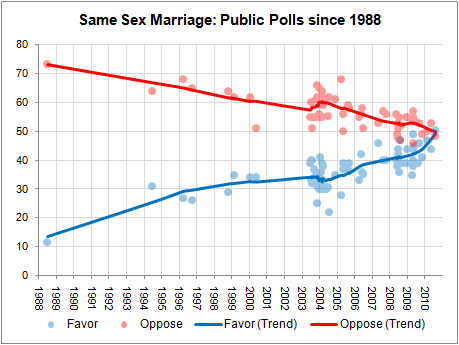Stephanie L. and Amie A. both sent in screen shots of the MSN tabs “for him” and “for her.” It’s not particularly surprising that MSN segregates its content by sex, but the gendered themes were interesting, especially given that Stephanie and Amie captured two moments in time.
First, notice that the information MSN chose as relevant to him is almost always leisure related:
The two lists above include how to build a man cave (where men escape daily responsibilities), the new Nikes, technological innovation and great inventions to read about, sports news, dating advice, and wacky stories about cocaine, $100,000 dollar bills, catching lobster, and urine. Except for a non-leisure-related, health story, all are either about leisure activities or a way to provide leisure with wacky, weird or fun news.
What about for her?
Her stories are about work (male careers), sexual harassment, babies (breastfeeding and baby talk), teenagers, the economy, and food (superfoods and allergy labels). The video on wildlife, the story about Chelsea Clinton, the piece on Mad Men, the new hospital gown design (???) can be interpreted as leisure-related in that they’d be fun to read.
Overall, then, the material aimed at men is almost entirely related to leisure, whereas the material aimed at women is heavily tilted towards her responsibility for work and the family and serious topics like sexual harassment and the economy. Perhaps MSN knows what it’s doing. In fact, men do have more leisure time than women. So this is a structural problem related to how we organize work and family, as well as a cultural problem in how we represent and relate to men and women.
Lisa Wade, PhD is an Associate Professor at Tulane University. She is the author of American Hookup, a book about college sexual culture; a textbook about gender; and a forthcoming introductory text: Terrible Magnificent Sociology. You can follow her on Twitter and Instagram.













